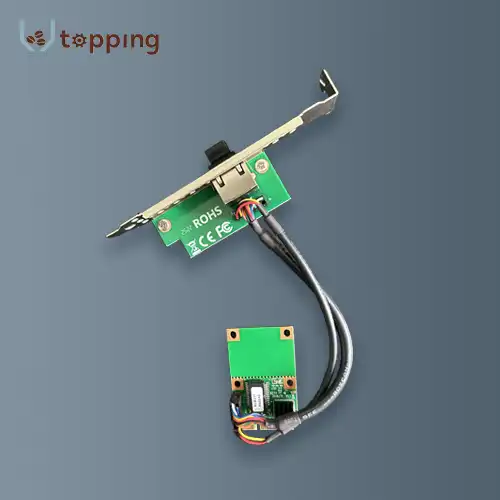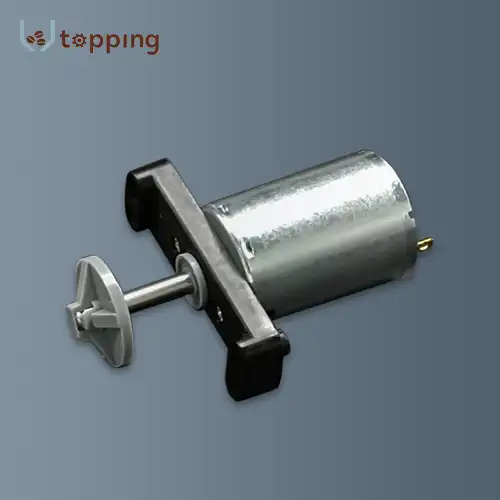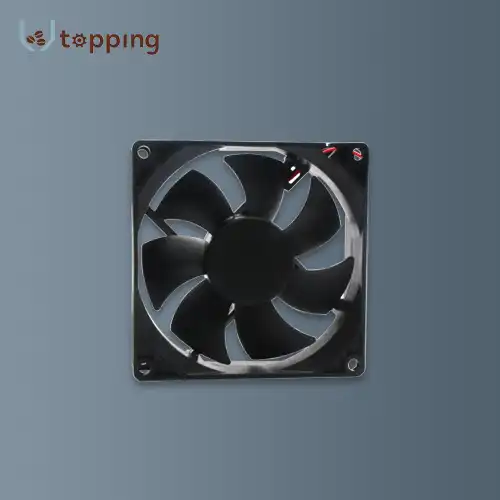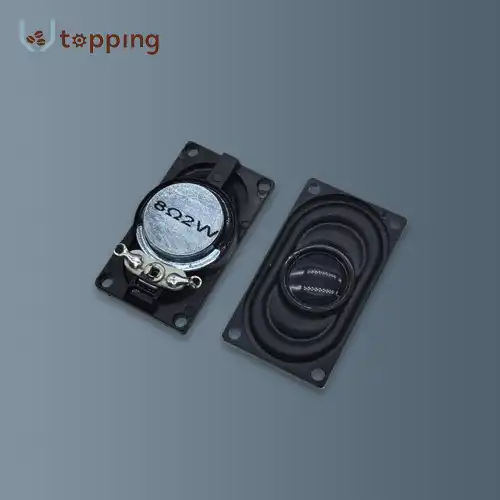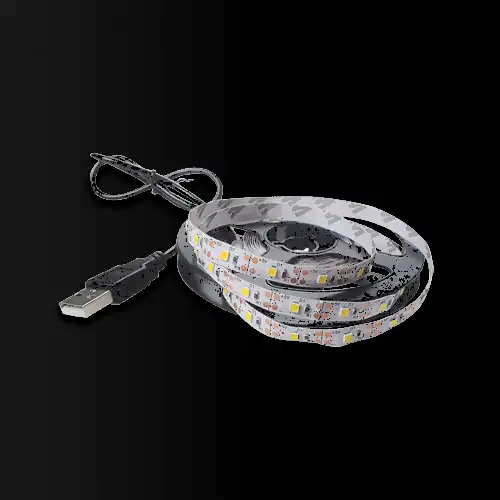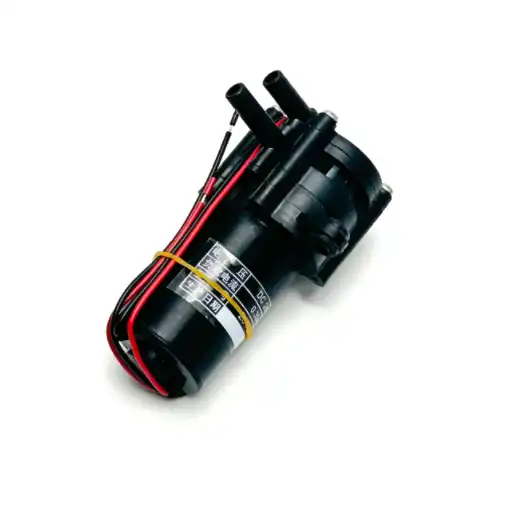How Long Does Coffee Last in Hopper?
2024-07-15 15:56:34
The newness of the espresso beans altogether affects the nature of your brew. The straightforwardness with which beans can be put away in a container brings up the issue of how long they will keep their flavor and smell there. In this blog, we will jump into the parts that impact the future of espresso beans in a holder, best practices for breaking point, and approaches to remaining mindful of the compartment.
What Factors Influence the Freshness of Coffee Beans in a Hopper?
Coffee beans start to lose their freshness the moment they are roasted. Exposure to air, light, heat, and moisture accelerates this process. When stored in a coffee bean hopper, these factors come into play and can significantly impact the beans' shelf life.

- Air Exposure: The primary enemy of coffee bean freshness is air. Oxidation begins as soon as beans come into contact with air, leading to staling and loss of flavor. Most hoppers are not airtight, which means beans are continuously exposed to oxygen.
- Light Exposure: Light, especially UV light, can degrade coffee beans over time. If the hopper is made of clear or translucent material, beans are susceptible to light exposure, which can hasten the staling process.
- Temperature Fluctuations: Temperature variations can also affect the freshness of coffee beans. Ideally, coffee should be stored in a cool, stable environment. If the hopper is placed in an area with fluctuating temperatures, it can negatively impact the beans.
- Residual Oils and Particles: Residual coffee oils and particles left in the hopper can affect the freshness and flavor of new beans. Regular cleaning is necessary to prevent buildup that can lead to off-flavors.
Shelf Life of Coffee Beans in a Hopper
The general shelf life of coffee beans in a hopper is shorter than when stored in an airtight container. Typically, coffee beans remain fresh for up to a week in a hopper, though this can vary based on the aforementioned factors. For the best flavor, it’s recommended to use the beans within a few days of placing them in the hopper.
Signs of Stale Coffee Beans
Identifying stale coffee beans is essential to ensuring a high-quality brew. Here are some signs that your coffee beans may have gone stale:
- Loss of Aroma:Fresh coffee beans have a strong, pleasant aroma. Stale beans will lack this characteristic smell.
- Flat Taste:Coffee brewed from stale beans will taste flat and lack the complexity of flavors that fresh beans offer.
- Oily Surface: Over time, oils from the beans can rise to the surface, creating a shiny appearance. While some oiliness is normal, excessive oil can indicate staleness.
- Dry and Brittle Beans: Fresh beans have a certain amount of moisture that gives them a slightly pliable texture. Stale beans can become dry and brittle.
What Are the Best Practices for Storing Coffee Beans in a Hopper?
To maintain the freshness of coffee beans stored in a coffee bean hopper, consider the following best practices:
- Use Small Quantities:Only store the amount of beans you plan to use within a few days. This limits their exposure to air and helps maintain freshness.
- Airtight Containers:Keep the majority of your coffee beans in airtight containers and only transfer a small amount to the hopper as needed. This minimizes the time beans spend exposed to air.
- Keep the Hopper Clean:Regularly clean the hopper to remove any residual oils and coffee particles. This prevents contamination and off-flavors from affecting the beans.
- Use Dark, Cool Storage:Place your coffee machine and hopper in a dark, cool location. This helps reduce the impact of light and temperature fluctuations on the beans.
- Consider the Hopper Material: Hoppers made from opaque or tinted materials can help protect beans from light exposure. Some hoppers are designed with UV-blocking materials to further preserve bean freshness.
Alternative Storage Solutions
If maintaining bean freshness in a hopper is challenging, consider alternative storage solutions:
- Vacuum-Sealed Containers: These containers remove air and create an airtight seal, extending the shelf life of coffee beans.
- One-Way Valve Bags: Bags with one-way valves allow gases to escape without letting air in, preserving the freshness of the beans.
- Refrigeration and Freezing: While not ideal for daily use, storing beans in the refrigerator or freezer can extend their shelf life. Just be sure to bring them to room temperature before grinding to avoid moisture condensation.
Grinding Beans On-Demand
For the freshest coffee, grind beans on-demand. This means only grinding the amount you need for each brew. While this approach requires a bit more effort, it ensures maximum freshness and flavor.
Why is Regular Cleaning Important?
Regular cleaning of the coffee bean hopper is crucial for several reasons:
- Prevent Residual Build-Up: Coffee oils and particles can build up in the hopper, affecting the flavor of new beans.
- Avoid Off-Flavors: Residual oils can turn rancid over time, leading to unpleasant flavors in your coffee.
- Ensure Smooth Operation: A clean hopper ensures that beans flow smoothly into the grinder, preventing clogs and mechanical issues.
Steps for Cleaning the Hopper
To clean your coffee bean hopper effectively, follow these steps:
1. Empty the Hopper: Remove any remaining beans.
2. Disassemble the Hopper: If possible, detach the hopper from the grinder.
3. Clean with Warm, Soapy Water: Use warm, soapy water to wash the hopper thoroughly. Avoid harsh chemicals that could damage the hopper material.
4. Rinse Thoroughly: Ensure all soap is rinsed away to prevent it from affecting the flavor of the beans.
5. Dry Completely: Allow the hopper to air dry completely before reassembling and refilling it.
Deep Cleaning and Maintenance Tips
For more thorough cleaning, consider these additional tips:
- Brush Off Residues: Use a brush to remove coffee particles from hard-to-reach areas.
- Use Cleaning Tablets: Some grinders can be cleaned with specialized cleaning tablets that help remove buildup from the burrs and interior surfaces.
- Inspect and Replace Parts: Regularly check for signs of wear and tear and replace any damaged parts to maintain optimal performance.
Preventing Odors and Stains
To prevent odors and stains from affecting your coffee beans, consider these practices:
- Avoid Overfilling: Only store small amounts of beans in the hopper.
- Store in a Cool, Dry Place: Keep your coffee machine in an environment with stable temperature and humidity levels.
- Use Fresh Beans:Rotate your stock to ensure you are always using fresh beans.
Conclusion
Any coffee lover needs to know how long coffee beans last in a coffee bean hopper and what factors affect how fresh they are. You can guarantee that your coffee tastes great and that your beans stay fresh by following best storage and maintenance practices. For the best coffee possible and the preservation of the quality of your beans, regular cleaning and proper storage are essential.
References
1. Coffee Confidential. (2023). "Coffee Storage: Keeping Your Coffee Fresh." Retrieved from https://coffeeconfidential.org
2. Perfect Daily Grind. (2023). "How Long Do Coffee Beans Stay Fresh?" Retrieved from https://perfectdailygrind.com
3. Coffee Geek. (2023). "The Ultimate Guide to Coffee Bean Freshness." Retrieved from https://coffeegeek.com
4. Home Grounds. (2023). "Best Practices for Storing Coffee Beans." Retrieved from https://homegrounds.co
5. Serious Eats. (2023). "How to Store Coffee Beans to Keep Them Fresh." Retrieved from https://seriouseats.com
6. Sprudge. (2023). "The Science of Coffee Bean Storage." Retrieved from https://sprudge.com
7. Bean Box. (2023). "How to Store Coffee Beans: Tips for Freshness." Retrieved from https://beanbox.com
8. Blue Bottle Coffee. (2023). "Coffee Storage: What You Need to Know." Retrieved from https://bluebottlecoffee.com
9. Coffee Review. (2023). "Maximizing Coffee Freshness: Storage Tips." Retrieved from https://coffeereview.com
10. National Coffee Association USA. (2023). "How to Store Coffee Beans for Maximum Freshness." Retrieved from https://ncausa.org
Send Inquiry
Related Industry Knowledge
- How Much Power Does a Coffee Grinder Use?
- What is the coffee capacity of the coffee brewing Unit?
- Is there a difference between a coffee grinder and an espresso grinder?
- Coffee grounds sieve uses
- How Long to Coffee Grinder Motors Last?
- What is a mini PCIe used for
- What Is Hopper Coffee?
- Is the valve coffee machine suitable for beginners
- What is the mechanism of coffee vending machine?
- What is a Vending Coffee Machine Water Tank?

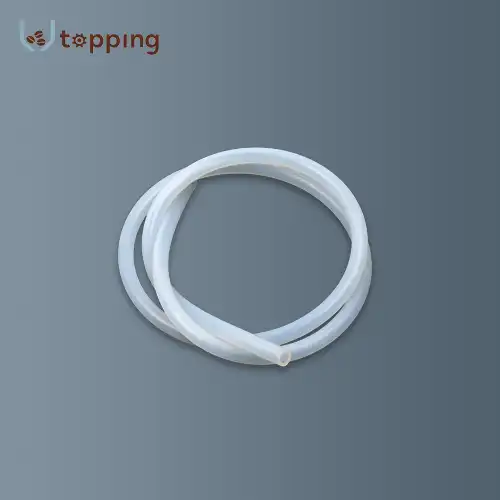
.webp)
